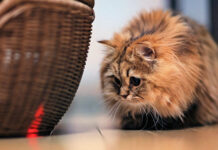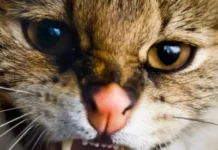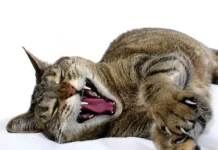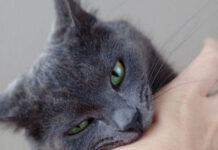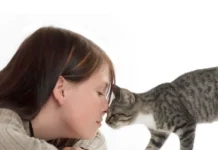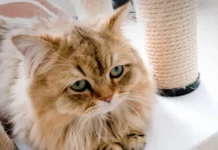The Crepuscular Nature of Domestic Cats: Understanding Their Twilight Activities
The term “crepuscular” describes animals that are chiefly active during the dawn and dusk hours. This behavior is prevalent among various species, including domestic cats, and is marked by heightened activity during these twilight periods.
Defining Crepuscularity
Crepuscular activity is distinct from diurnal (day-active) and nocturnal (night-active) behaviors. However, some overlap may occur based on individual animal habits and environmental factors.
Why Are Cats Crepuscular?
The crepuscular activity of domestic cats is intricately linked to their evolutionary history and hunting instincts. Below are key factors that explain this behavior.
Evolutionary Adaptation
Cats’ ancestors have evolved to hunt during twilight hours. This adaptation allows them to benefit from cooler temperatures while preying on small mammals and birds that are more active during these times. By hunting during dawn and dusk, cats reduce the risk of overheating and effectively utilize low-light conditions to stalk their prey.
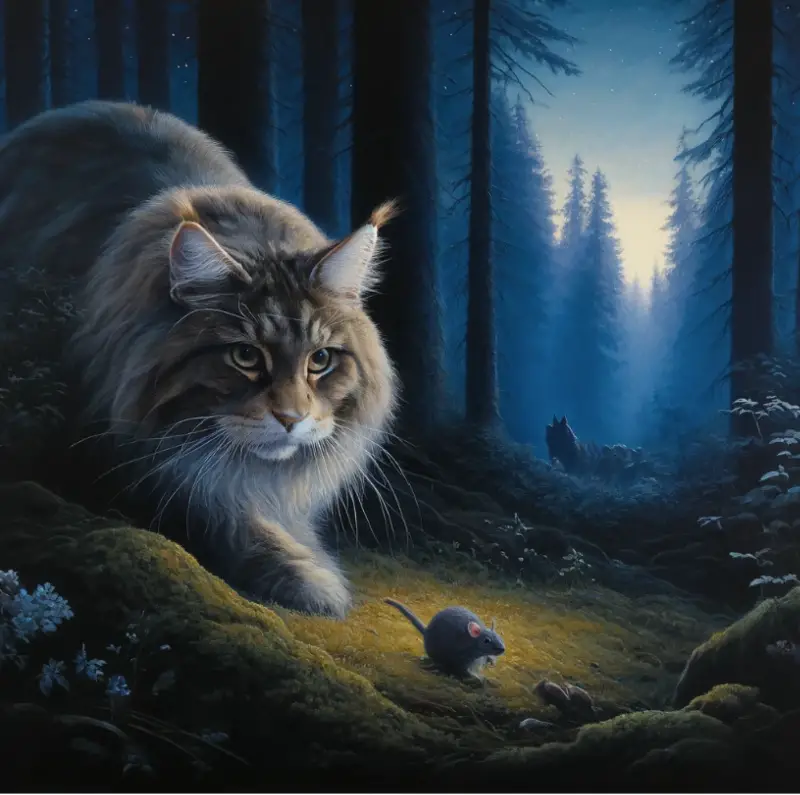
Sensory Advantage
Cats possess exceptional night vision and heightened sensitivity to movement, enhancing their hunting prowess during the low-light conditions of dawn and dusk. Their eyes are specifically adapted for visibility in reduced light, allowing them to effectively track and capture prey.
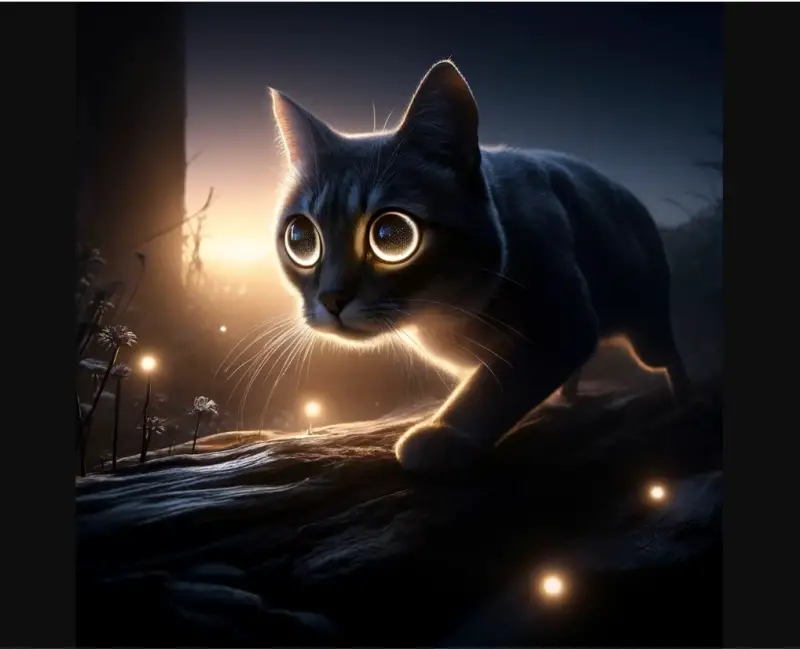
Energy Conservation
By being most active during cooler parts of the day, cats conserve energy. This activity pattern allows them to remain efficient hunters, as they can exert themselves without succumbing to fatigue during hotter midday hours or the unpredictability of the dark.
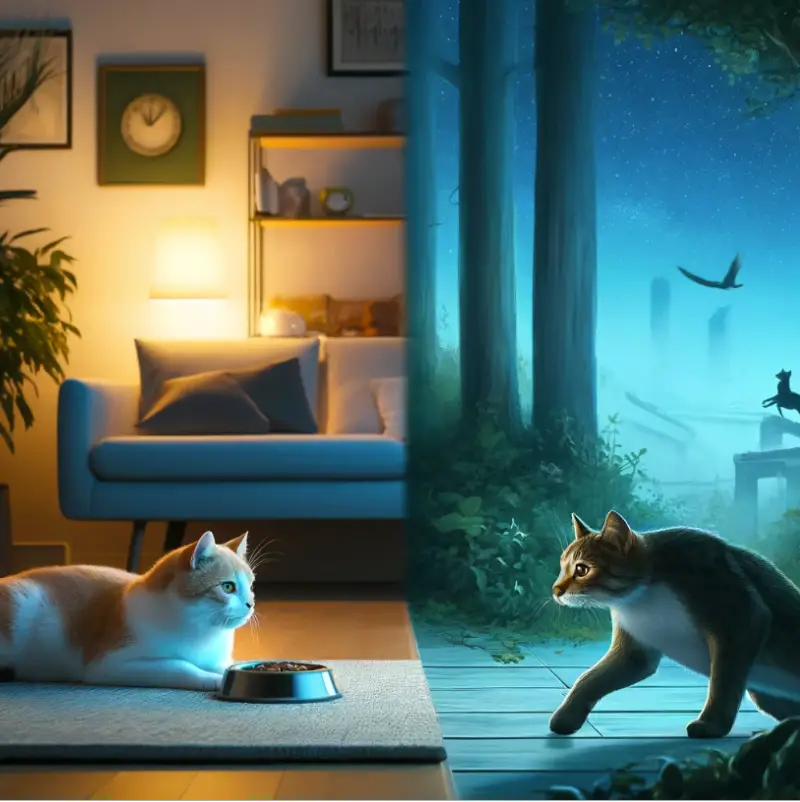
Behavioral Flexibility
Despite their crepuscular nature, domestic cats display adaptability influenced by their environment, human companions, and feeding habits. Indoor cats fed on a regular schedule may show reduced crepuscular activity compared to free-roaming cats, which are driven by their natural hunting behaviors.
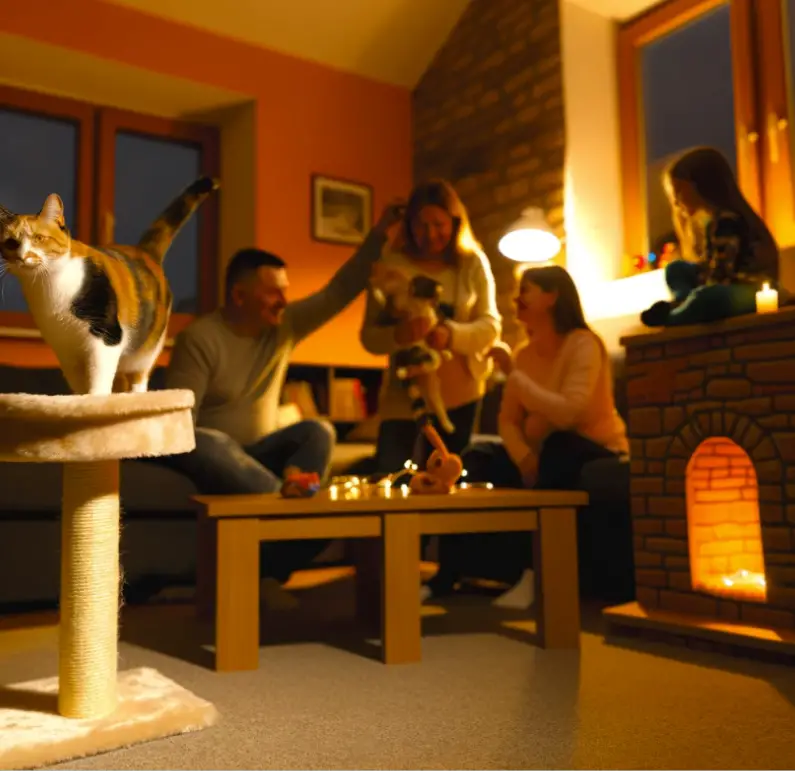
Social Interaction
The crepuscular hours often serve as prime time for domestic cats to interact socially. During these times, cats may be more inclined to engage in play, exploration, or seek attention from their human companions.
Conclusion: Accommodating Your Cat’s Crepuscular Nature
Understanding the crepuscular behavior of domestic cats helps owners align their routines with their pets’ natural instincts. Providing opportunities for play and activity during early mornings and late evenings can enrich a cat’s environment and satisfy its hunting-like instincts, even in a controlled setting. For further insights, read our article on Comparing Vision: Cats vs. Humans.



